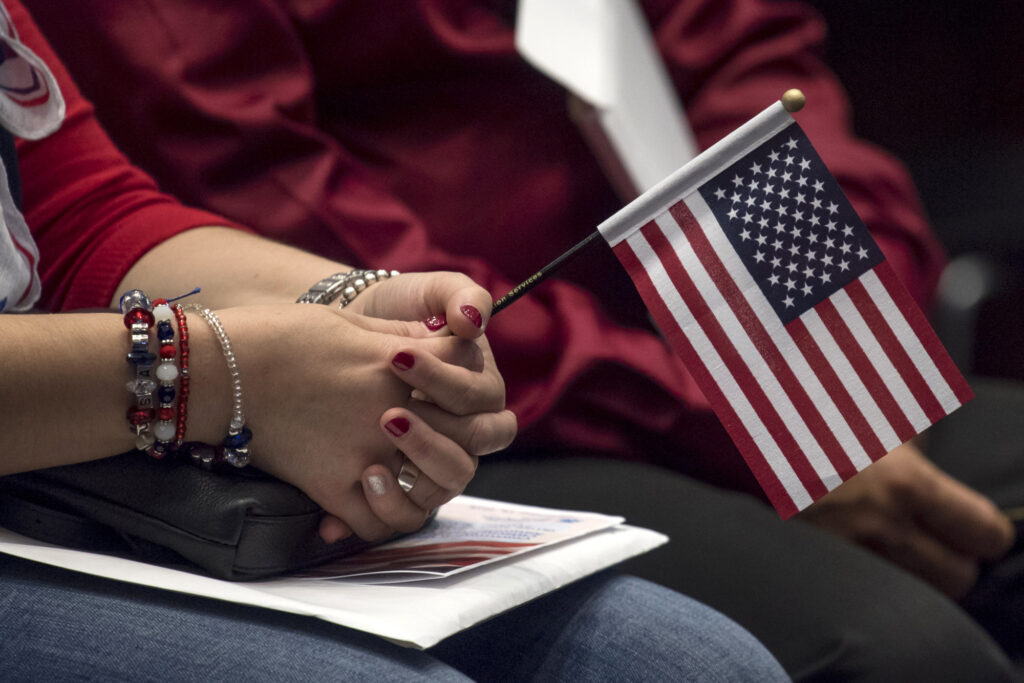Efforts by former President Donald Trump and congressional Republicans to mandate proof of U.S. citizenship before voter registration have faced major setbacks nationwide, as both federal and state-level attempts fail to gain momentum.
Despite Trump’s executive order earlier this year calling for a nationwide requirement to present documentary proof of citizenship for federal elections, the directive was swiftly blocked by a federal judge. In parallel, Republican-backed legislation in Congress has struggled to attract the necessary votes to pass in the Senate.
At the state level, the campaign has similarly stalled even in Republican-dominated legislatures. Texas, which introduced one of the most expansive proposals to date, failed to secure final approval before its legislative session ended on Monday. The bill would have required not only new registrants but also Texas’s existing 18.6 million registered voters to provide proof of citizenship.
Critics pointed to the lack of a clear implementation plan and the risk of widespread voter disenfranchisement. “The bill authors failed spectacularly to explain how this bill would be implemented without inconveniencing a ton of voters,” said Anthony Gutierrez, director of Common Cause Texas.
Voting rights organizations have voiced concern that such measures disproportionately affect millions of eligible voters particularly those without easy access to documents such as birth certificates or passports. Women who changed their last names after marriage are often caught in documentation mismatches, a problem that has already surfaced in other states.
Despite claims from Trump and his allies that these laws are needed to boost election integrity, multiple studies have shown that instances of noncitizen voting are extremely rare and frequently result from honest mistakes rather than fraud.
The movement has seen uneven success across Republican-led states. Wyoming remains the only state to enact proof-of-citizenship legislation this year. Similar bills have failed or stalled in Florida, Missouri, Utah, and now Texas. In Missouri, the effort advanced through a Senate committee but ultimately died without a vote. Utah, meanwhile, focused on expanding voter ID rules and curtailing mail-in voting access.
In Florida, a bill would have required verification of citizenship status before any registration activity, including address or party changes, but it failed to move forward. Its sponsor, Republican Rep. Jenna Persons-Mulicka, had tied the measure directly to Trump’s executive order, saying, “This bill fully answers the president’s call.”
Meanwhile, historical data continues to challenge the core rationale behind such mandates. A proof-of-citizenship law in Kansas, in place for three years before being struck down by federal courts, blocked nearly 30,000 voter registrations virtually all of them U.S. citizens.
Even in Arizona, a post-implementation audit uncovered serious flaws in how voter data was handled, casting further doubt on the feasibility of enforcing these laws at scale.
Rep. John Bucy, a Texas Democrat and vice chair of the House Elections Committee, summed up the legislative defeat: “As flawed as this playbook has been in other states, Texas didn’t need to make this mistake.”
With Trump and Republican lawmakers vowing to revisit the issue in future sessions, the political and legal battles over voter eligibility and citizenship are likely far from over.


